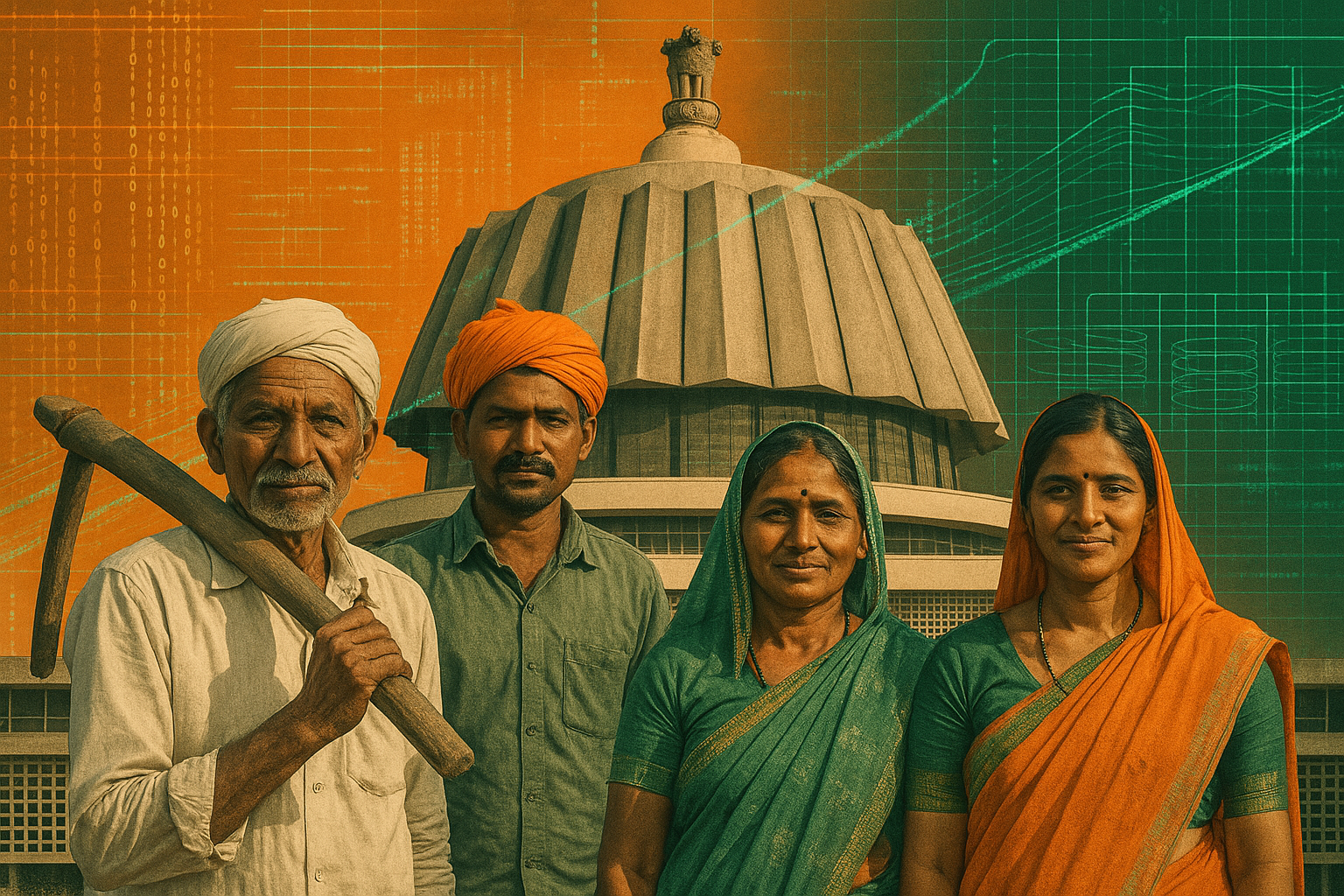The Maharashtra government is exploring monetisation of anonymised welfare data through its new digital platform ‘Samanvay’, set to launch on October 2. Branded as ‘Golden Data’, the Aadhaar-linked database consolidates details of beneficiaries across more than 50 welfare schemes. While primarily aimed at eliminating duplication and improving service delivery, officials are considering allowing startups, private firms, and financial institutions to access anonymised data for market research.
Core Development
The Information Technology Department has designed Samanvay to streamline scheme administration using a unique MahaID, linked to Aadhaar.
The system records details such as age, gender, caste, income range, education, vehicles, and benefits received.
Data from the Income Tax Department and Vahan vehicle registry is also being integrated, with health records to follow later.
During pilot runs, the platform identified lakhs of ineligible beneficiaries under the Ladki Bahin scheme, which provides ₹1,500 monthly to women aged 18–65.
Officials say anonymisation ensures no personal identifiers are shared, aligning with central government policy on data privacy.
Key Drivers / Issues
Eliminating duplication and fraud in welfare delivery.
Leveraging data analytics to enhance efficiency and targeting.
Exploring revenue potential through data-as-a-service models.
Balancing privacy and monetisation, amid rising debates on data governance.
Stakeholder Impact
For citizens, the initiative promises faster, more accurate welfare distribution. Government agencies gain efficiency and cost savings. Private companies may benefit from anonymised datasets for market research and product design. However, civil society groups remain cautious about privacy, even with anonymisation safeguards.
Industry & Policy Reactions
A senior IT official said monetisation aligns with central government policy and could aid startups and financial institutions in designing targeted solutions. Analysts view it as a pioneering move, but warn that governance frameworks and consent architecture must be watertight to avoid public backlash.
Challenges Ahead
Ensuring strong data security and anonymisation standards.
Addressing public trust concerns over Aadhaar-linked data.
Preventing misuse by private entities.
Building clear legal and regulatory guidelines for data monetisation.
Strategic Outlook
If implemented carefully, Maharashtra could become the first state to unlock economic value from aggregated welfare data while enhancing scheme efficiency. The initiative could serve as a test case for India’s larger data monetisation ambitions, but its success will hinge on maintaining public confidence and regulatory oversight.
Why This Matters
The proposal reflects a shift toward data-driven governance and RegTech innovation in India. By monetising anonymised welfare data, Maharashtra could balance welfare efficiency with new revenue streams—but only if privacy and trust safeguards are ironclad.












